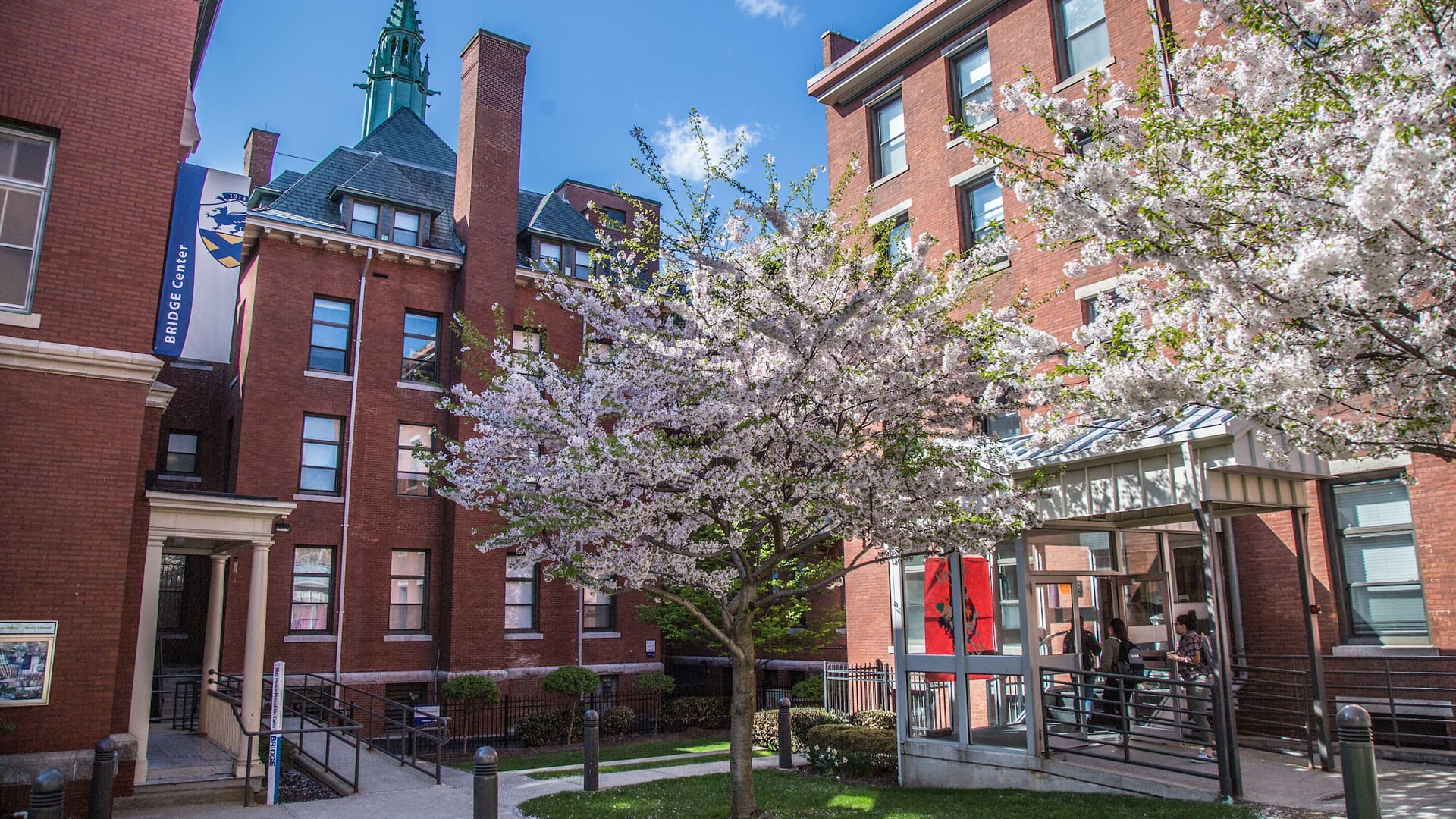Indigenous Land Acknowledgment Statement
Johnson & Wales University has engaged in an intentional process to develop an Indigenous Land Acknowledgment Statement and Action Plan in close partnership with the Narragansett Indian Tribe and Catawba Nation and their connections to the lands that our Providence and Charlotte Campuses are now situated on. This statement, and our ongoing actions, demonstrate the university’s commitment to honoring Indigenous cultures and to expanding Johnson & Wales’ engagement with, and education about, Indigenous cultures.
The Johnson & Wales University Providence campus is situated on the ancestral land of the Narragansett Indian Tribe and the Johnson & Wales University Charlotte campus is situated on the ancestral land of the Catawba Nation. Both continue as sovereign nations today. Johnson & Wales acknowledges that as a consequence of forced colonization, these tribes were largely dispossessed of their ancestral lands. The university is committed to collaborating with Indigenous cultures to honor their past, present and future.
The Johnson & Wales University Providence Campus is situated on the ancestral lands of the Narragansett Indian Tribe, who continue as a sovereign nation today. Johnson & Wales acknowledges that as a consequence of forced colonization, the Narragansett were largely dispossessed of their ancestral lands. The university is committed to collaborating with Indigenous cultures to honor their past, present and future.
The Johnson & Wales University Charlotte Campus is situated on the ancestral lands of the Catawba Nation, who continue as a sovereign nation today, as well as Trade Street, which served as a major trading and transportation route for many Indigenous people. Johnson & Wales acknowledges that as a consequence of forced colonization, the Catawba were largely dispossessed of their ancestral lands. The university is committed to collaborating with Indigenous cultures to honor their past, present and future.
How to use JWU’s land acknowledgment statement:
The land acknowledgment statement can be used at the beginning of any official university events and in official university publications and documents. When used, the land acknowledgment should be presented in its entirety and not changed in any way. It should be presented with respect, intention and solemnity. If the land acknowledgment is being shared at the beginning of an event, the host of the event should be the individual to read it. This person must prepare in advance and be careful to use correct pronunciation.
Any questions about the JWU land acknowledgement should be directed to the Bridge for Diversity, Equity & Social Justice.

Commitment to Action:
As an institution of higher learning, JWU is committed to educating our community about Indigenous history and cultures, as well as providing access to education. In spring 2023, Chef Sean Sherman discussed the beauty and plight of indigenous food systems as the university’s Cultural Life Series speaker. In fall 2023 and 2024, JWU hosted presentations from the Tomaquag Museum focused on food sovereignty, traditional ecological knowledge and spirituality in Indigenous foodways, and the history of Thanksgiving.
Our land acknowledgement is built upon the foundation of our commitment to our local Indigenous communities. We are actively planning additional action items that will be shared here soon.